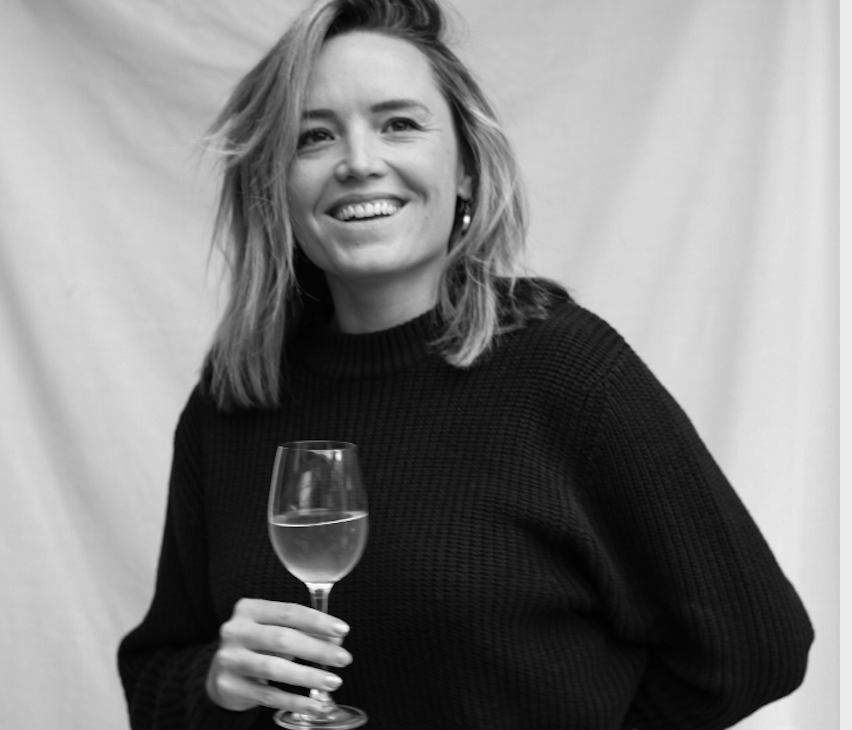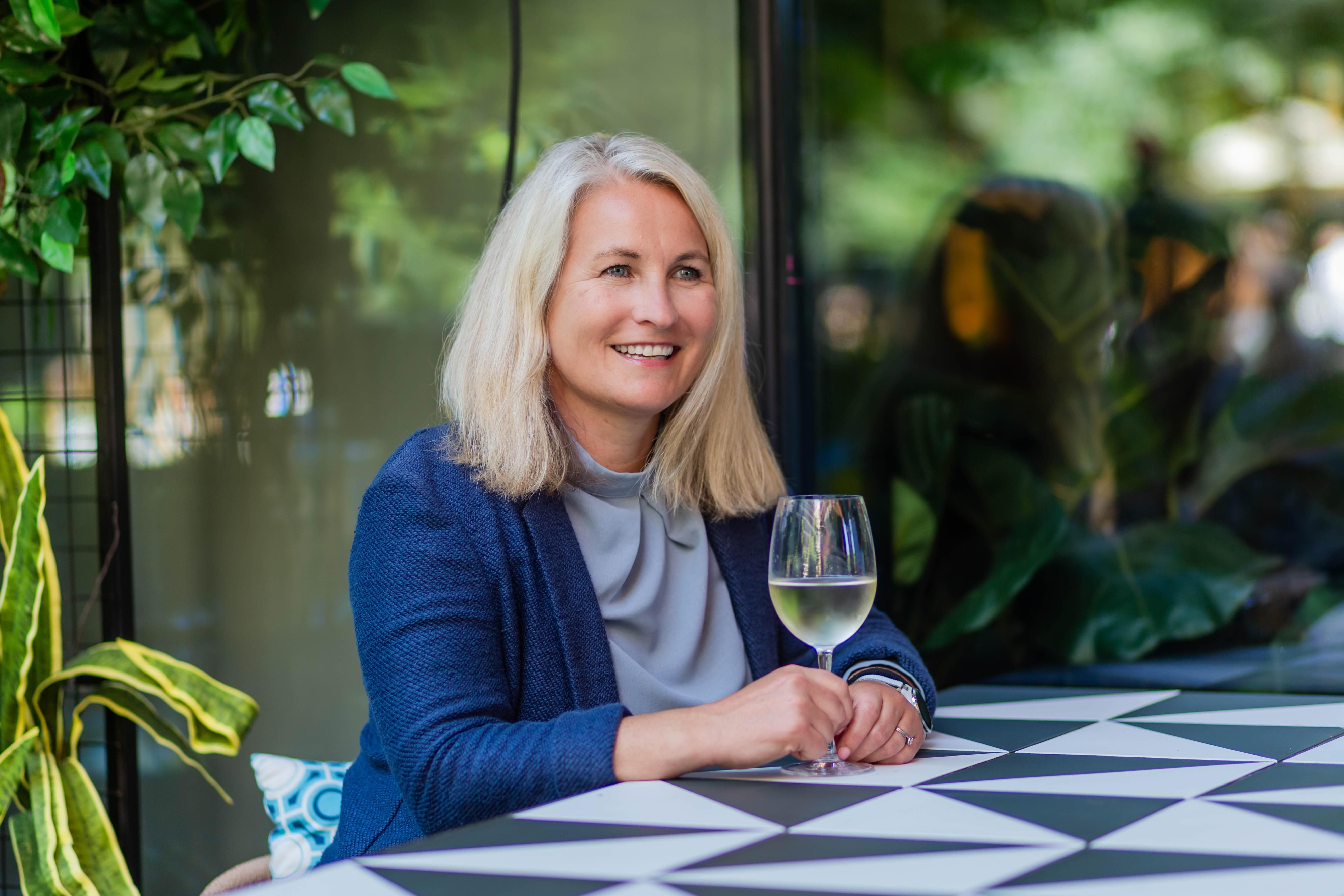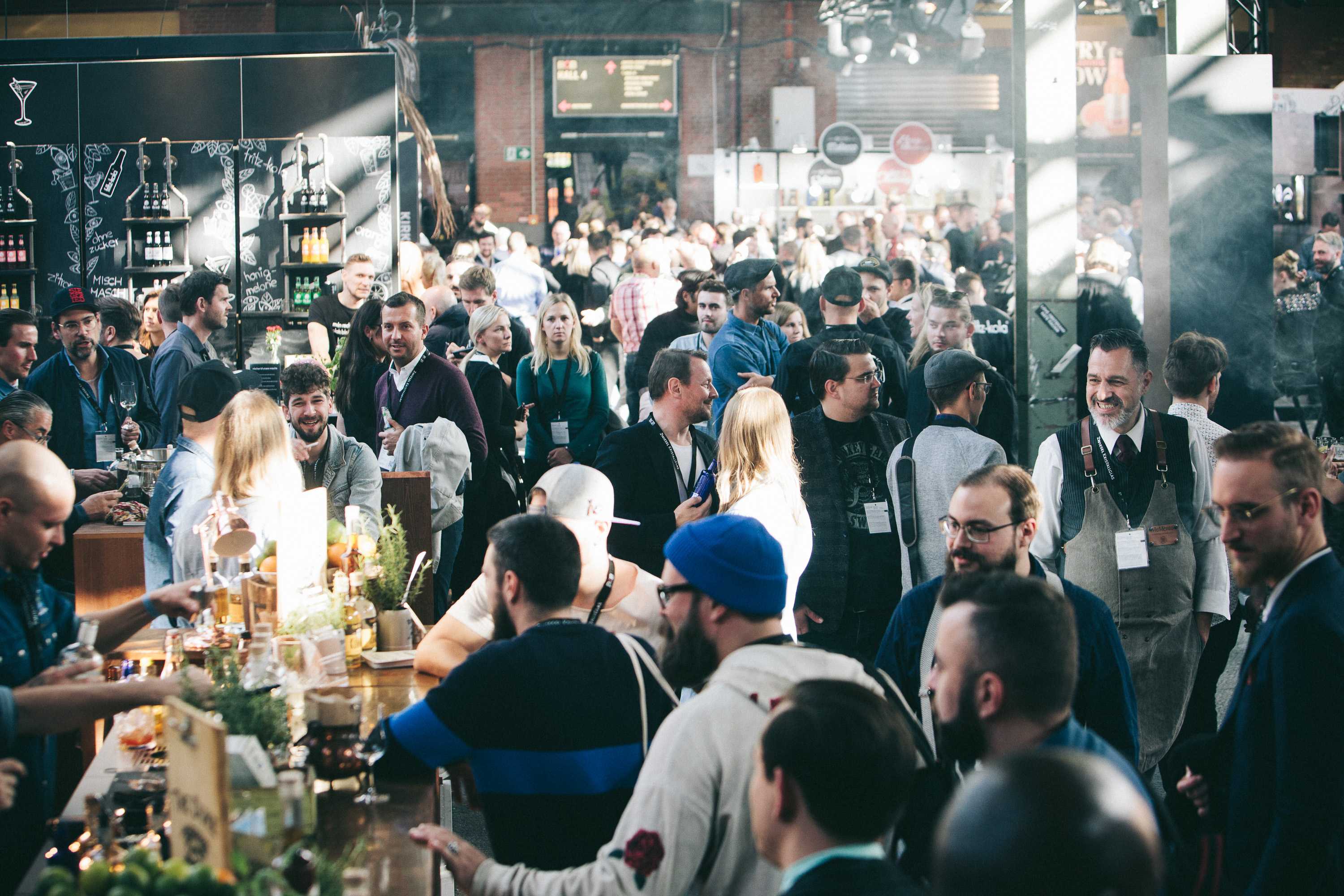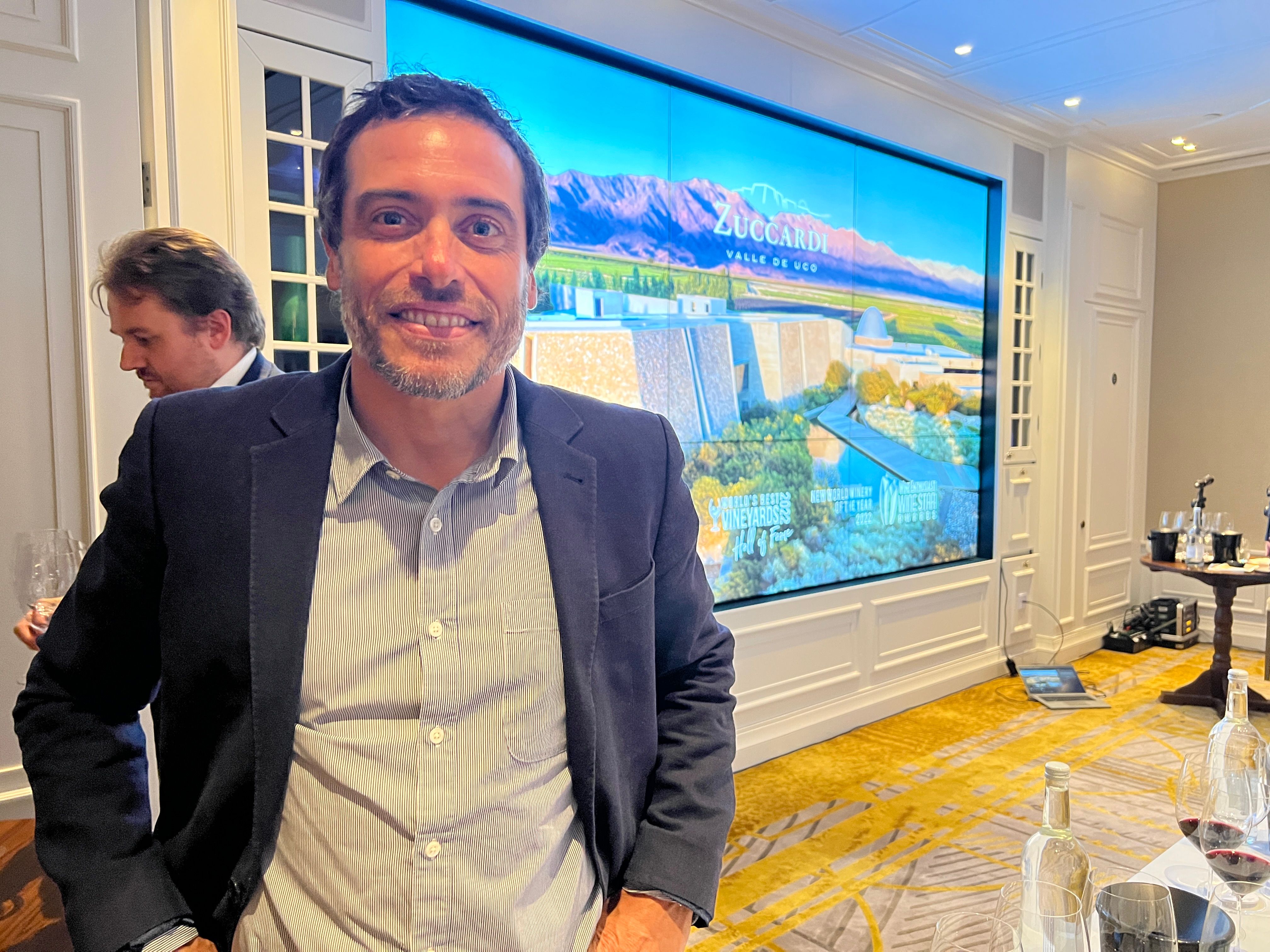Amber Gardner is part of The Drinks Trust’s new Drinks Community initiative, to offer more support around the vocational related skills needed to work in the drinks and hospitality sectors, as a member of the founding committee and as an industry mentor. See the end of the article for how to get involved.
There are two versions to the start of my career in the wine trade.
The first is of my sparked passion; I felt wild with excitement for the career that lay ahead of me and everything that I would learn. I was not to know but it was also the moment I would meet some of my closest friends and confidants in the industry.
The other version is that of bullying, degradation and sexual aggression from my seniors. Such instances included being told that I only had a job because I had a nice voice for our male customers and being physically groped following two work events (he had a thing for doing it on Tube escalators). By the end of my first 18 months in the trade, my weight had plummeted, I was suffering from Alopecia Areata (I would go on to lose over half of all my hair) and I had a stutter, both of which were diagnosed as being stress related.
Perhaps this is why I’ve been driven to explore the topic of mentorship. To explore what it means to be a leader in our industry. I have also been spurred on by the experiences shared by the many women in the US who also suffered at the hands of their leaders who were meant to be acting as their mentors and who had the trust of our community.
I do appreciate that my experiences are personal and are by no means the experiences of every person. In light of this, I have spent time talking to many of my peers in the trade, from publishing, hospitality, importing and everything in between, to really get an understanding for where we stand on the topic of mentorship in wine.
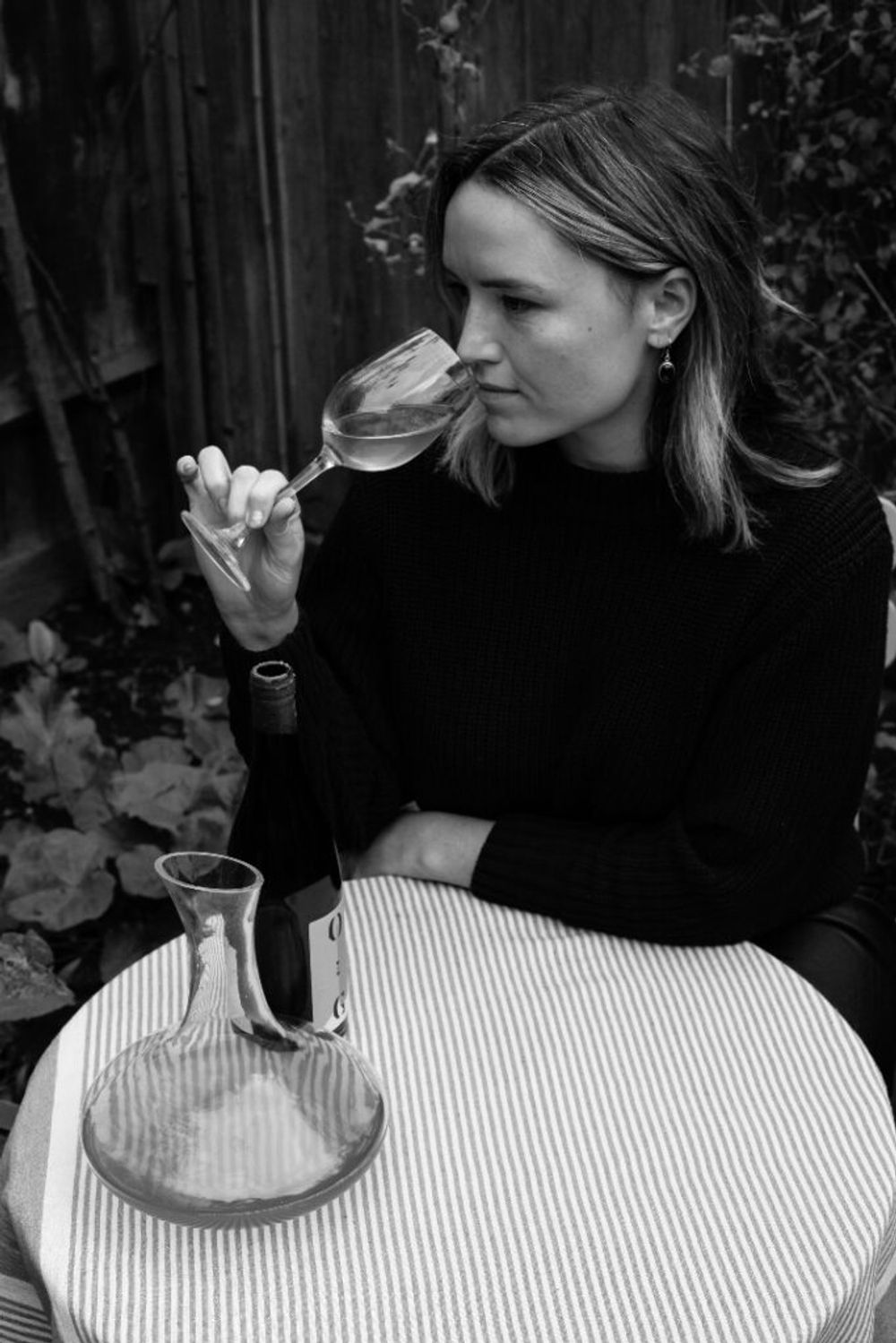
Amber Gardner has had to overcome bullying and harassment just to stay in an industry she loves
How to be good.
The past few weeks of speaking to friends, colleagues and peers regarding this topic have been hugely rewarding. It has also been more personally affecting than I thought it would be. These experiences mean so much to each of these people and have had such profound and lasting effects on their careers and personal lives. There were scores of uplifting stories of great people in our trade who have encouraged and cajoled the best out of those below them.
The role of mentor is one that is rarely officially designated – not being common in our trade or the UK as a whole – and most of us, myself included, would fall into the category of the ‘accidental mentor’. It tends to be a relationship that has grown organically. Whilst this is a beautiful thing, an unwritten bond between two people, I think it is important that we think about what should be done to best serve our mentees, to best serve our community.
In every conversation I had, there was a clear picture of what a great mentor looks like: they give you time, they are patient, they are encouraging, they help you to draw on your natural abilities, they push you and they connect you to the industry.
One voice, one vision?
If 2020 has taught us anything, it is that we need to be nimble and adaptable; our previous ways of doing things aren’t going to cut it any more. We are seeing the rapid moves that people are making to diversify their businesses and their skills.
Something that became very apparent during my conversations was that almost every mentor mentioned was male and white. Of course this does not diminish the great input and support that these men have given, but it does raise the question – are we offering a diverse point of view to the next generation?
For us to be nimble and adaptable, we need to look at our trade from as many angles as we can; different sexes, different upbringings, different nationalities and ethnicities, different belief systems. Unfortunately, the eyes through which we see our trade and the experiences that we are using to guide our upcoming generation are predominantly coming from the same place.
When I posed the question of the lack of female mentors to my interviewees, the majority were quick to tell me of influential women in their careers. The way that they spoke of these relationships was different. Alongside traditional development, their female leaders had been instrumental in teaching them ‘soft’ skills; being emotionally intelligent, how to give and receive criticism, how to work within and build your team up around you. There was a sense that they are better at mentoring in the light of personal development as opposed to pure professional development.
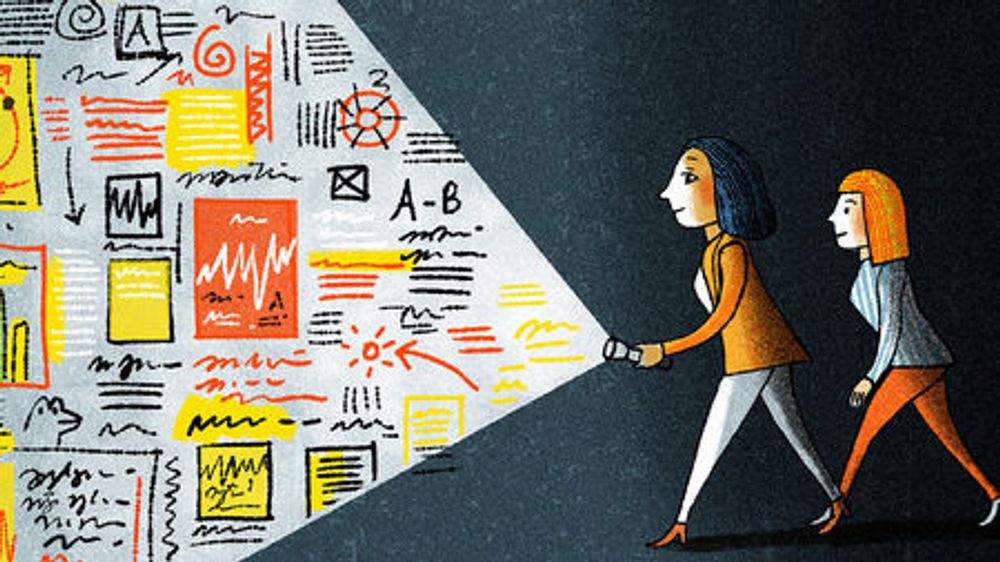
Amber Gardner hopes there can more female-to-female support in the wine and hospitality sectors
The lack of female mentorship coincided with stories of a lack of female-to-female support. I have been unsure how to tackle this. Of how to discuss this, as it is uncomfortable and complex. However, I would be complicit if I were not to at least try to understand this issue.
There are undeniably fewer women in the wine trade and even fewer in the higher echelons of the wine world. To get to these roles often means to work harder, longer and more diligently than our male counterparts. When we rise to the top, we may be fighting for the few spots that have been set aside for us as women.
In addition to this, women are still principally the child rearers, and as was widely reported during lockdown, still predominantly maintain the family household even when they too are working full time. Entrusted with childcare, running a home and working, it could be argued that they have markedly less time for mentorship. I do not want to excuse any bad behaviour, but I do want to highlight the constraints and pressures that are experienced by women, so as to understand the possible roots of this issue. It may simply be that women tend to have even less spare time than men.
We need to diversify. One voice, one perspective cannot understand and guide the complex myriad of new faces and backgrounds that are making their way into the wine trade. There are issues and experiences that I am going to face that a man in his 50s simply cannot (and often will not) understand. If we don’t act upon this, we run the risk of continuing the monoculture vacuum that characterises the wine trade.
Give as good as you get!
My focus at large has been on the mentors. However, the role and responsibility of the mentee is paramount. What is clear to me is that many leaders don’t realise their responsibility to mentor their juniors. With this in mind, mentees need to seek help and work hard. The mentee needs to appreciate the time, effort and knowledge that is being passed to them by demonstrating commitment, humility and malleability.
Something that I was really touched to discuss with people, was how much time was given to them by their mentors, even in seemingly impossible circumstances, such as in the midst of a 15 hour day with a 20 minute break. Time is one of the hardest things to come by, especially in the hospitality industry.
So, if somebody is giving you their time, make the most of it. Be prompt and be proactive. Really think to yourself about what you want to gain and what you want to learn.
Through my reading and research, I have become convinced of the idea of ‘reverse mentoring’ and the key role that it can play in enriching the wine trade in particular. We all know there are a lot of old boys, signet rings and red trousers that adorn every tasting throughout the UK. They are the foundation of our trade. However, if we are clever, we will welcome a much wider range of influences.
This is where reverse mentorship becomes key; the relationship of mentor and mentee is two-way. It is all about reciprocity. The mentee can offer development, reflection and a fresh set of eyes for their mentor. Instead of becoming bound to a certain way of doing things, of seeing things, mentees can challenge their mentors with new ideas and indeed, capabilities that the mentor may well be lacking.
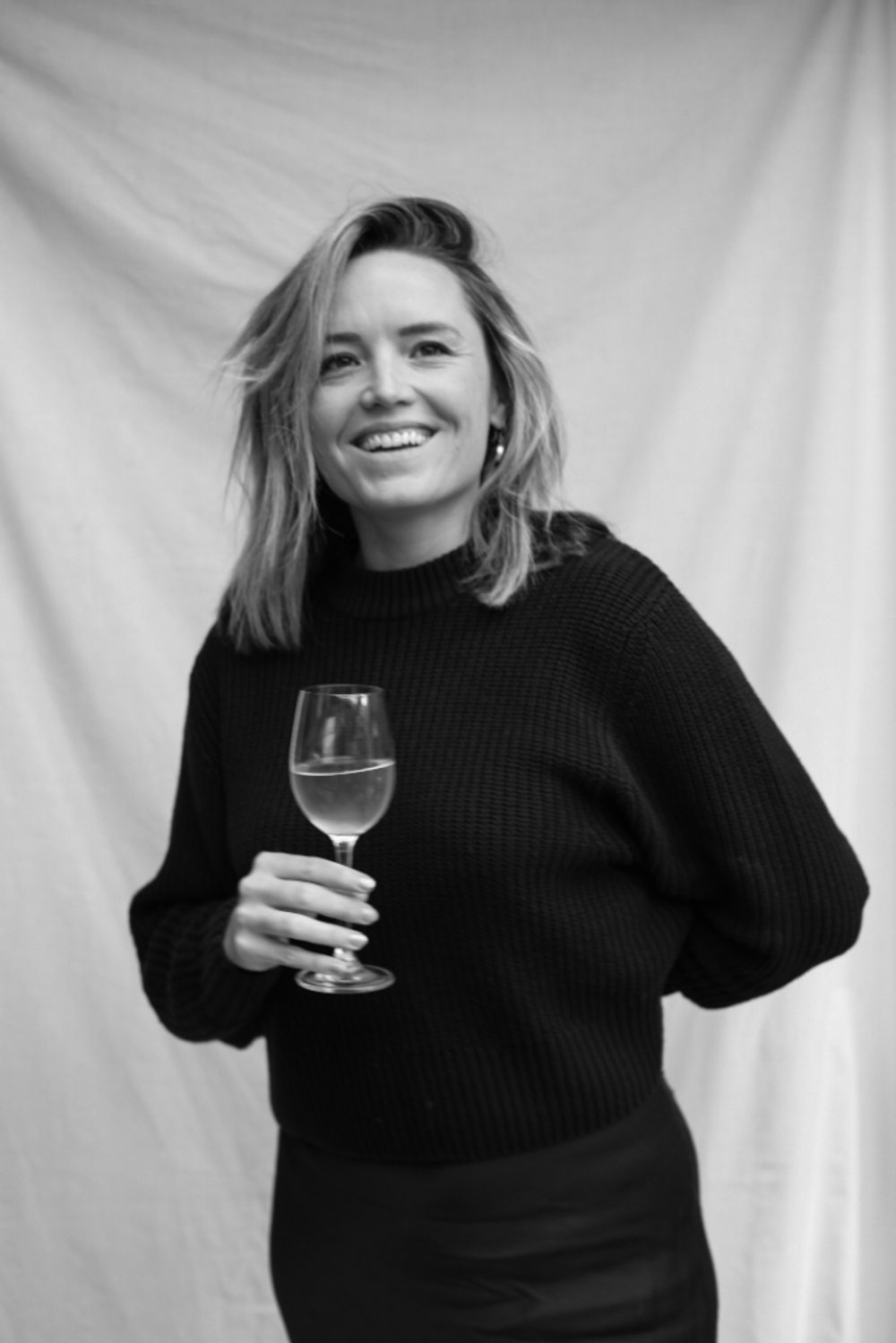
As one of the founding committee members of the Drinks Trust’s new Drinks Community initiative Amber Gardner hopes to help give the vocational and personal support that people in the drinks industry need
The buck stops here
Like every story, mine starts at the beginning. I was 24 years old. I knew nobody in the industry. I barely knew anyone in London. For the majority of us, this is how it begins. We are incredibly vulnerable to our surroundings. Whilst mentors do not necessarily have to come from a direct work relationship, such as a manager, this is almost exclusively where we find our first mentors.
I have come to believe that those who accept the role of manager have to accept the role of being a mentor. Intrinsically bound to that role is to guide, advise and nurture the people working beneath them. Wine writer Elaine Chukan Brown points out in her incredible spoken essay (click here to listen), that to ascend to the role of leader, in any form, is to accept the responsibility to go forward with integrity and to serve your community as a whole, and not just your inner circle. From where I am sitting, there are many people, many leaders in our community, who do not uphold these principles.
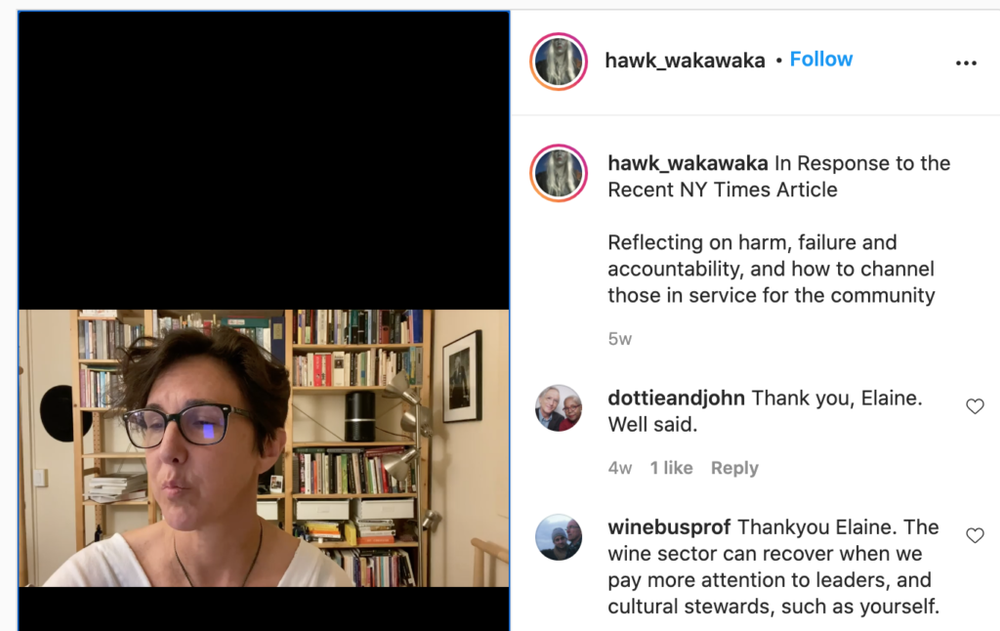
Elaine Chukan Brown sets out what she thinks being a responsible leader is in this Instagram post
It is the beginning that is so important. These experiences will shape how you develop, how you learn and more than likely, how you will go on to treat the next generation. To be a great leader is to be sensitive to these vulnerabilities. Many awful stories of industry heads have come to light this year, such as in the Court of Master Sommeliers. And many of us will know of leaders or of peers that are causing damage to our industry through their behaviour, be it through social exclusion, bullying, sexual intimidation or excessive consumption.
I am asking for everyone to take a moment, to reflect and be honest; have you known of this kind of behaviour and done nothing? Have you made the decision to stay quiet and turn a blind eye? In my first 18 months in the trade, not a single person sought to help me or to push back on the conduct of the men who were meant to be nurturing me, but who instead shouted and screamed at me until I was in tears in front of the whole office.
I am not seeking to point fingers and assign blame. However, my fear is that maybe there are people in our industry who do not know how to properly conduct themselves. Speaking personally, my story has been and I do not crave retribution for what happened to me. What I do seek is change. I want these leaders to be better in the future. It is never too late to accept our faults, our failures, call out unacceptable behaviour and stand together for a more positive future.
Conclusion
My first experiences with my supposed mentors were indescribably difficult. I felt a lot of shame because they made me think I was incompetent and incapable of growth. I felt totally isolated. My sense of self and capability was taken from me and the effects of their treatment still resonate in me today. However, I give thanks to all of the incredible mentorship that I went on to receive.
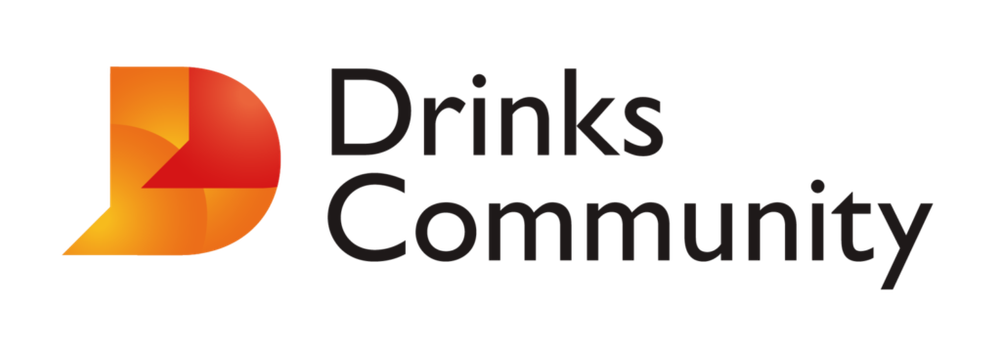
It is with these dual experiences that I can firmly say that mentorship is so important for us and the whole wine community. It is an investment in the future of our industry. In speaking with my first (positive) mentor, the formidable Master Sommelier turned sales director, Claire Thevenot, she explained that mentoring different people could be a challenge, but to see how we had gone on to thrive and move through our careers was deeply satisfying. At the end of the day, the challenge was totally worth it.
I am proud to be volunteering as a mentor for the Drink’s Committee Mentorship Programme 2021.
- The Drinks Trust’s new Drinks Community has established an initial list of industry mentors who will be looking to share their experiences with individuals across the drinks industry.
- As well as Amber Gardner (NoMad) they include: Andy Brown (Quinta da Pedra Alta); Andrew Shaw (Bibendum); Astrid Lewis (Spritz Marketing); Barbara Drew MW (Berry Brothers & Rudd); Ben Smith (Freerun PR); Elizabeth Kelly MW (M&S); Gemma Wills (Enotria&Coe); Gus Gluck (GB Wine Shippers); Hugh Sturges; Jack Merrylees (Majestic); Jon Pepper MW (Tenute Del Mondo); Julie Taylor (3CS Consulting); Luca Lorenzoni (Northern Monk); Lucy Richardson (Quintessential Brands); Mike Turner (Please Bring Me My Wine); Nathan Foote (Aspiring Vintners); Robin McMillan, Russell Kirkham (Quintessential); Tom Platt (Liberty Wine); Sarah Knowles MW (The Wine Society); Simon Thorpe MW (Wine GB); Sylvia Oates (Best Bar None); Victoria Sharples (St John Restaurant Co); and Wendy Narby (Insider Tasting).
- You can apply to be a mentee by filling in a form here.
- The Drinks Community is looking to expand the pool of mentors to include experts from across the industry.
- You can sign up and register to get involved in Drinks Community and its services here.
